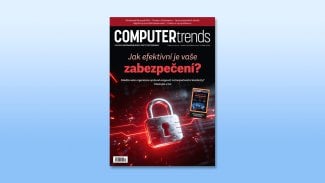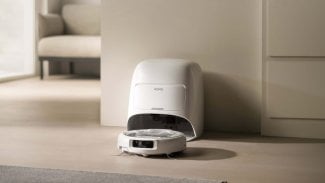fsck.ocfs2
NAME
fsck.ocfs2 - Check an OCFS2 file system.
SYNOPSIS
fsck.ocfs2 [ -fFGnuvVy ] [ -b superblock block ] [ -B block size ] device
DESCRIPTION
fsck.ocfs2 is used to check an OCFS2 file system.
device is the file where the file system is stored (e.g. /dev/sda1).
It will almost always be a device file but a regular file will work as well.
OPTIONS
-b superblock block
Normally, fsck.ocfs2 will read the superblock from the first block of
the device. This option specifies an alternate block that the superblock
should be read from. (Use -r instead of this option.)
-B blocksize
The block size, specified in bytes, can range from 512 to 4096.
A value of 0, the default, is used to indicate that the blocksize should be automatically detected.
-f
Force checking even if the file system is clean.
-F
Usually fsck.ocfs2 will check with cluster services and the DLM to
make sure that no one else in the cluster is actively using the device
before proceeding. -F skips this check and should only be used
when it can be guaranteed that there can be no other users of the
device while fsck.ocfs2 is running.
-G
Usually fsck.ocfs2 will silently assume inodes whose generation number
does not match the generation number of the super block are unused inodes.
This option causes fsck.ocfs2 to ask the user if these inodes should in
fact be marked unused.
-n
Give the 'no' answer to all questions that fsck will ask. This guarantees
that the file system will not be modified and the device will be opened
read-only. The output of fsck.ocfs2 with this option can be redirected
to produce a record of a file system's faults.
-r backup-number
mkfs.ocfs2 makes upto 6 backup copies of the superblock at offsets
1G, 4G, 16G, 64G, 256G and 1T depending on the size of the volume.
Use this option to specify the backup, 1 thru 6, to use to recover the
superblock.
-y
Give the 'yes' answer to all questions that fsck will ask. This will repair
all faults that fsck.ocfs2 finds but will not give the operator a chance to intervene if fsck.ocfs2 decides that it wants to drastically repair the file system.
-v
This option causes fsck.ocfs2 to produce a very large amount of debugging output.
-V
Print version information and exit.
EXIT CODE
The exit code returned by fsck.ocfs2 is the sum of the following conditions:
0 - No errors
1 - File system errors corrected
2 - File system errors corrected, system should
be rebooted
4 - File system errors left uncorrected
8 - Operational error
16 - Usage or syntax error
32 - fsck.ocfs2 canceled by user request
128 - Shared library error
0 - No errors
1 - File system errors corrected
2 - File system errors corrected, system should
be rebooted
4 - File system errors left uncorrected
8 - Operational error
16 - Usage or syntax error
32 - fsck.ocfs2 canceled by user request
128 - Shared library error
SEE ALSO
R mkfs.ocfs2(8)
R debugfs.ocfs2(8)
R tunefs.ocfs2(8)
R mounted.ocfs2(8)
R ocfs2console(8)
R ocfs2cdsl(8)
AUTHORS
Oracle Corporation. This man page entry derives some text, especially the exit code summary, from
R e2fsck(8)
by Theodore Y. Ts'o <tytso@mit.edu>.
COPYRIGHT
Copyright 2004, 2007 Oracle. All rights reserved.



















